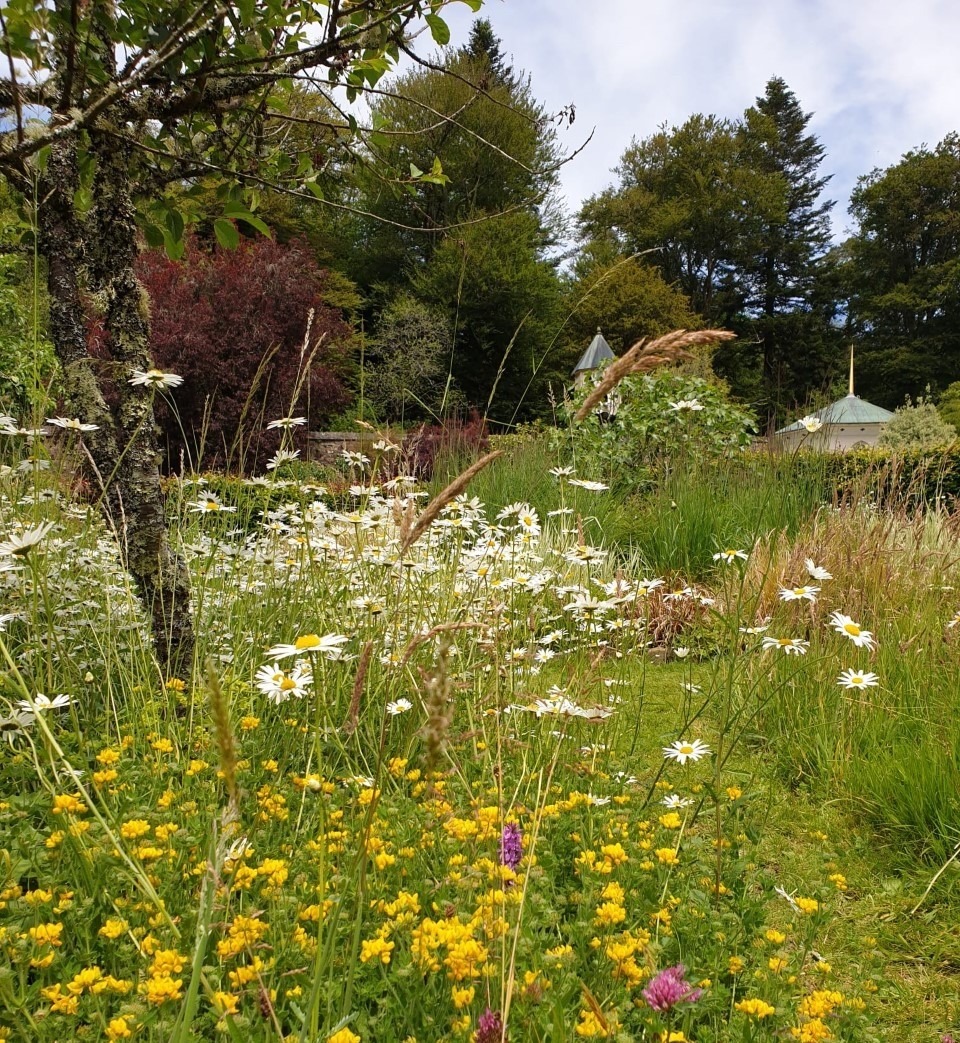In recent years, the human microbiome has gained significant attention for its impact on overall health and well-being. The microbiome refers to the diverse community of microorganisms, including bacteria, fungi, viruses and other microbes, residing within the human body. These tiny inhabitants play a crucial role in our digestive system and have a profound connection with our dietary choices. One such dietary approach that aligns with a healthy microbiome is the foraging diet. In this blog post, we will delve into the fascinating world of the foraging diet and the microbiome. Steps towards this approach can positively influence IBS symptoms, health and well-being. I have lots of other blogs covering a wide range of aspects of IBS symptoms.
Understanding the microbiome
The human microbiome is a complex ecosystem residing mainly in the gut, playing a pivotal role in digestion, immune function and metabolism. These microbes help break down food, produce essential nutrients, regulate our immune response and even influence our mental health. A balanced and diverse microbiome is crucial for maintaining optimal health. Many studies show that a dysfunctional microbiome can trigger ill health and IBS symptoms in some people.
The foraging diet – an holistic approach
A foraging diet, also known as a wild food diet, embraces the consumption of natural, whole foods that humans would have historically foraged for. These include: wild fruits, vegetables, nuts, seeds and edible plants. This diet emphasizes a return to the basics and encourages the consumption of a variety of seasonal, locally sourced and unprocessed foods. This may be unrealistic and out of reach to most of us. However, using a few principles from this basic diet can help to improve the balance of our microbiome. This will not only improve gut health, but also IBS symptoms alongside general health and well-being.
Microbiome and the foraging diet connection:
- Rich in fibre: Foraging diets are typically rich in fibre, a prebiotic that nourishes beneficial gut bacteria. Fibre helps promote the growth and activity of good bacteria, enhancing the health of the microbiome
- Diverse range of nutrients: Wild and foraged foods provide a diverse array of nutrients and bioactive compounds that enrich the microbiome
- Natural fermented foods: Foraging often means eating naturally fermented foods like wild-fermented vegetables and fruits. Fermented foods are rich in probiotics and support a healthy gut, contributing to a balanced microbiome
- Minimal processing and artificial additives: Foraged foods are minimally processed and devoid of artificial additives, preserving the natural microbial balance
- Harmonious with the human evolutionary past: The foraging diet aligns with our ancestors’ eating patterns. This supports the microbiome’s evolution, promoting a symbiotic relationship between humans and their gut flora
The microbiome and IBS
Our bodies are a complex ecosystem, teeming with trillions of micro-organisms that play a crucial role in maintaining health. Modern life can have a negative impact on the microbiome and gut health. The modern, western diet is made up of many processed and highly processed foods, the antithesis of a foraging diet. Alongside diet, overuse of antibiotics and other lifestyle changes alter the microbiome. An imbalance can lead to a range of gastrointestinal disorders, including IBS. In the UK, ~1 in 5 people suffer from IBS symptoms. Sufferers often find that symptoms are triggered by certain foods. The low FODMAP diet is an efficient way of identifying food triggers. It’s tricky to do alone, but with support, sufferers can identify their triggers and improve IBS symptoms and the efficiency of the microbiome. So, I’m an IBS Dietitian based in Cardiff, but work across the UK. I offer a free initial telephone consultation, so why not arrange a call today.
Conclusion
Understanding the vital relationship between the foraging diet and the microbiome opens up exciting possibilities for enhancing our overall health. Fully embracing a foraging diet may be beyond most people’s reach. But moving towards a more a diverse range of natural, unprocessed foods, we can positively impact our gut microbiome, leading to better digestion, improved immunity and overall well-being. As we continue to explore and appreciate the intricate dynamics of our microbiome, integrating less processed foods into our diet may prove to be a step towards optimal health and a harmonious relationship with our microbial companions.




